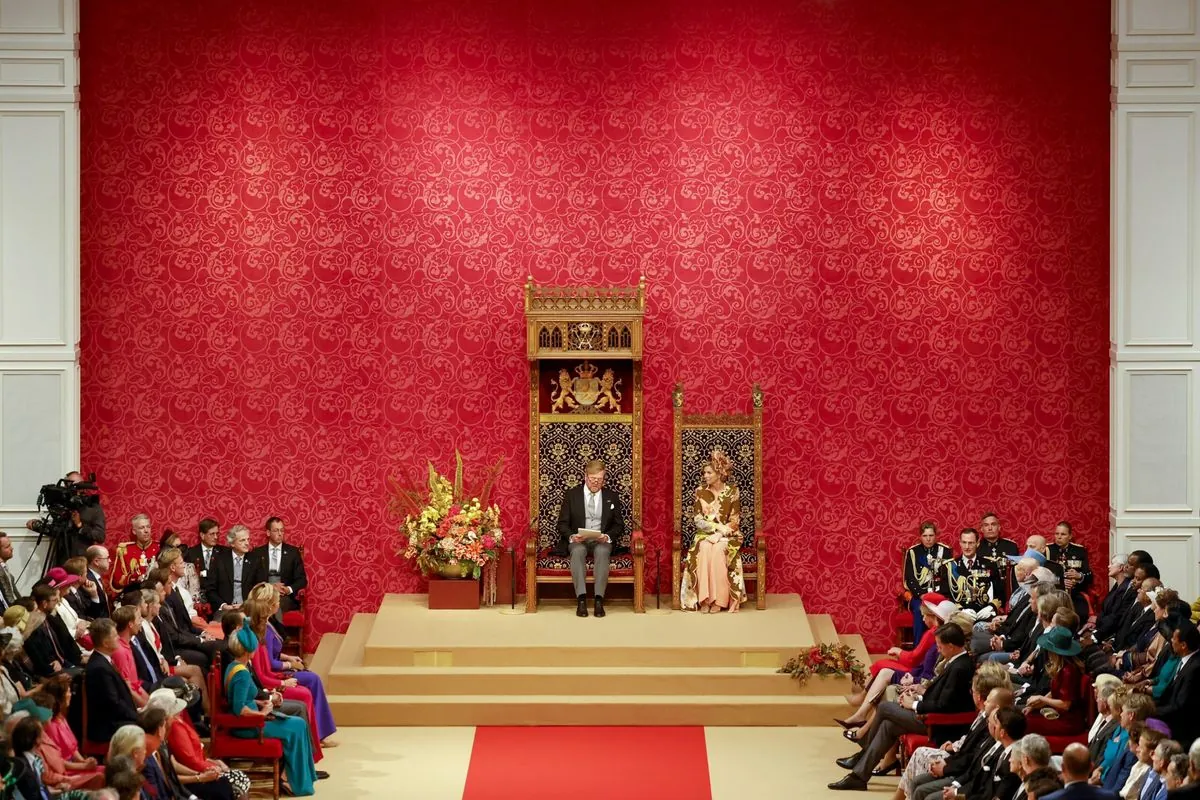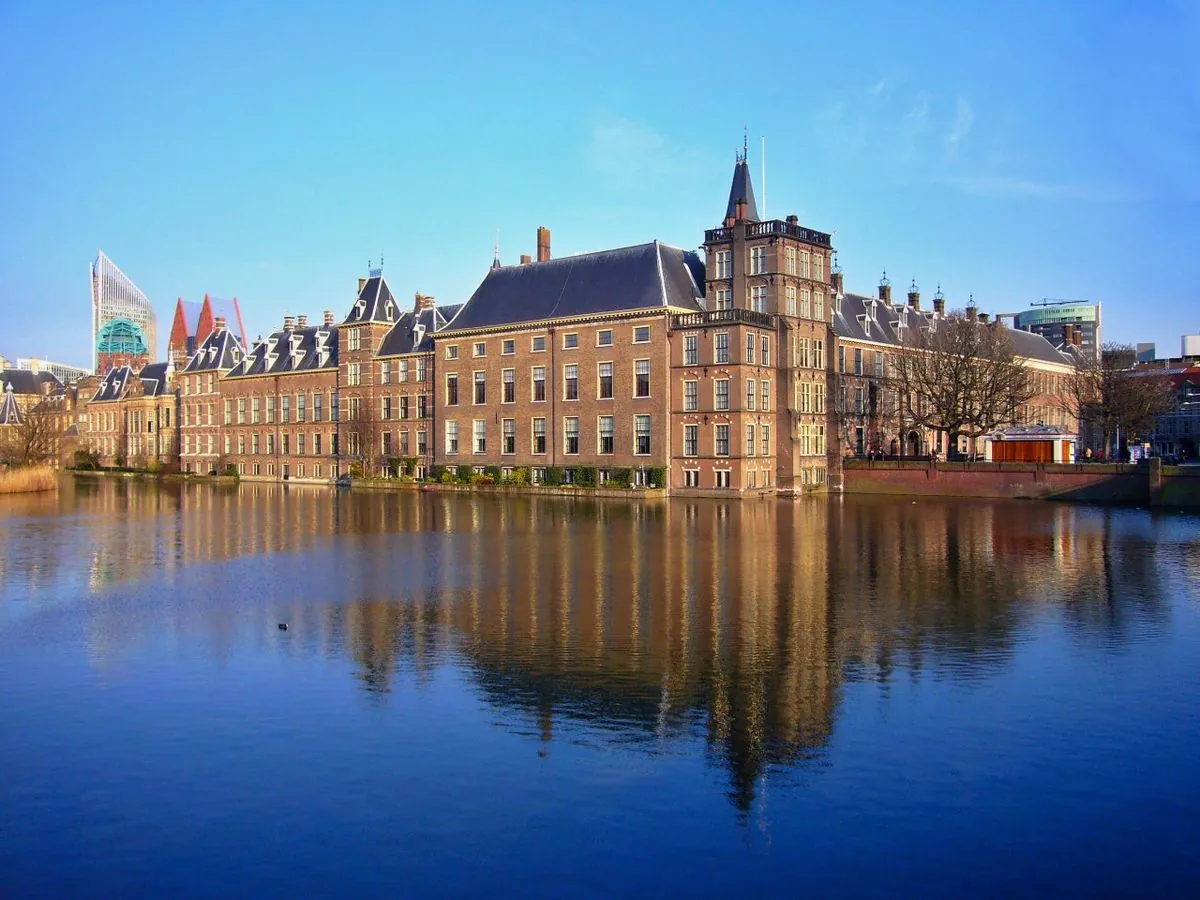Dutch Government Faces Coalition Tensions Over Immigration Plans
As King Willem-Alexander prepares to outline government plans, the Dutch coalition grapples with disagreements over immigration policies. The new administration faces challenges in asylum seeker accommodation and EU migration rules.

In the Netherlands, a nation known for its coalition governments and complex political landscape, tensions are rising within the newly formed administration. As King Willem-Alexander prepares to deliver his annual address to parliament on 2024-09-17, outlining the government's plans for the coming year, the coalition faces internal disagreements over proposed immigration policies.
The speech, a tradition dating back centuries, comes at a crucial time for the Dutch government. Formed after months of negotiations following the 2023 elections, the coalition is led by hard-right parties and includes a mix of politicians and civil servants. This technocratic approach was chosen to avoid appointing the outspoken Geert Wilders as prime minister, despite his party's electoral success.

On 2024-09-16, Nicolien van Vroonhoven of the New Social Contract party stated her opposition to the government's immigration plans if rejected by a key advisory panel. This declaration sparked angry reactions from Wilders' Party for Freedom and the conservative People's Party for Freedom and Democracy, highlighting the fragility of the coalition.
The government's proposed measures include:
- Declaring an "asylum crisis"
- Restricting visas for family members of asylum grantees
- Expediting deportations of ineligible migrants
- Seeking an opt-out from EU migration rules
- Increasing border checks
These plans reflect the Netherlands' ongoing struggle with immigration and asylum policies. The country, with one of Europe's highest population densities, has been grappling with these issues for decades, balancing its colonial history and labor needs with growing public concerns about integration and social cohesion.
"The minister is shunning her responsibility. She is responsible for people who come to the Netherlands for asylum. She has had enough time and sufficient opportunity to accommodate people in a decent way. She consciously does not do this."
The accommodation crisis for asylum seekers has reached a critical point. In Ter Apel, home to the country's main asylum application center, a sports hall was opened overnight to house individuals who would otherwise have been forced to sleep outdoors. This situation has led to criticism of Margriet Faber, the minister responsible for asylum seekers and migrants.
As the Netherlands contemplates opting out of EU migration rules and increasing border checks, following Germany's recent move, questions arise about the feasibility and implications of these plans. The country's position as a founding member of the European Union and part of the Schengen Area adds complexity to any potential changes in migration policies.
The upcoming royal address and the government's ability to navigate these challenges will be crucial in determining the stability of the coalition and the direction of Dutch immigration policy in the coming years.


































